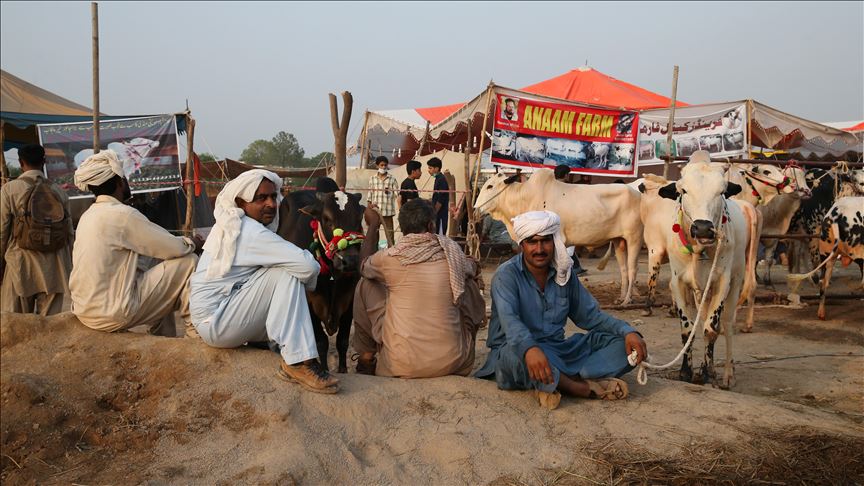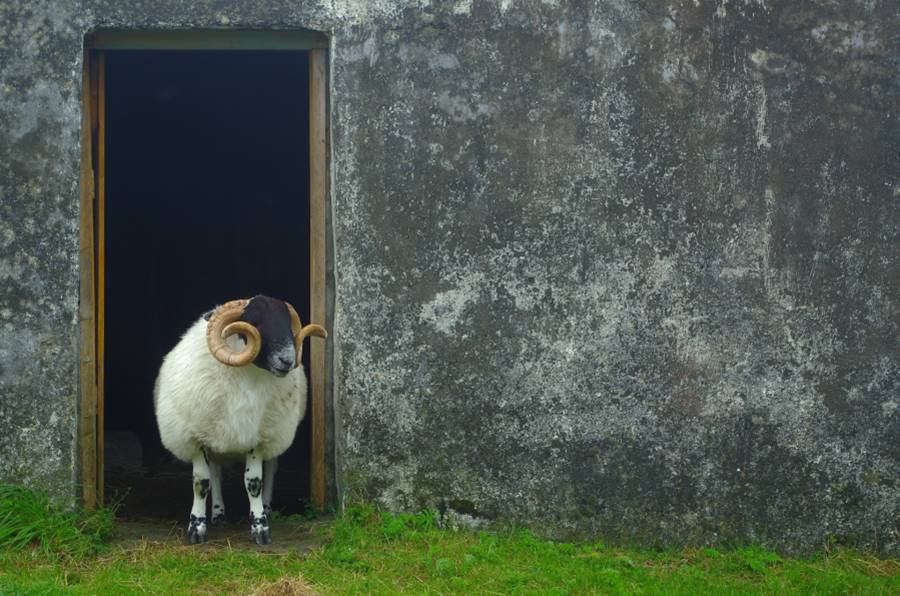Huge crowds at cattle markets before the Muslims `Eid Al-Adha feast is a regular scene around the world.
Traditionally, people visit markets to buy animals of their choice for the udhiyah for the feast that takes place between the 10th and 13th of Dhul Hijjah.
However, this year the situation would be different in Karachi due to the COVID-19 pandemic.
📚 Read Also: How Much Halal is Your `Eid Qurban?
Though the curve of COVID-19 infections has flattened in Pakistan, many fear that the upcoming feast might lead to a new spike.
As online platforms allowing udhiyah have been popular for years in Pakistan, the virus restrictions have increased their popularity even more.
“We have booked orders five times higher than in 2019,” Arshad Hussain, an official of a popular countrywide online sacrificial service provider, told Anadolu Agency.
“A majority of them will simply collect the meat on the first, second, and third day of Eid as per their booking. Few have bought animals that we will deliver on their doorstep before Eid,” he said.

Safety First
The decision to go online for udhiyah has been adopted by many, including those who usually bring udhiyah to their homes annually.
“I have booked qurbani [sacrifice] through an online website this year as I am not comfortable with the idea of exposing myself by visiting the cattle market, and slaughtering the cattle outside my house,” Aamir Hussain, a Karachi-based system developer, said.
“I am not going to do that this time. It will be too risky for myself, and my family.”
`Eid Al-Adha, or “Feast of Sacrifice”, marks the end of the Hajj season and is one of the two most important Islamic celebrations, together with Eid Al-Fitr.
A financially-able Muslim sacrifices a single sheep or goat or shares with six others in sacrificing a camel or cow as an act of worship during the four-day `Eid Al-Adha celebrations.
The ritual commemorates Prophet Ibrahim’s willingness to sacrifice his son Ismail to Allah as an act of obedience and submission.
It is permissible that someone in another country could perform the sacrifice on one’s behalf.

